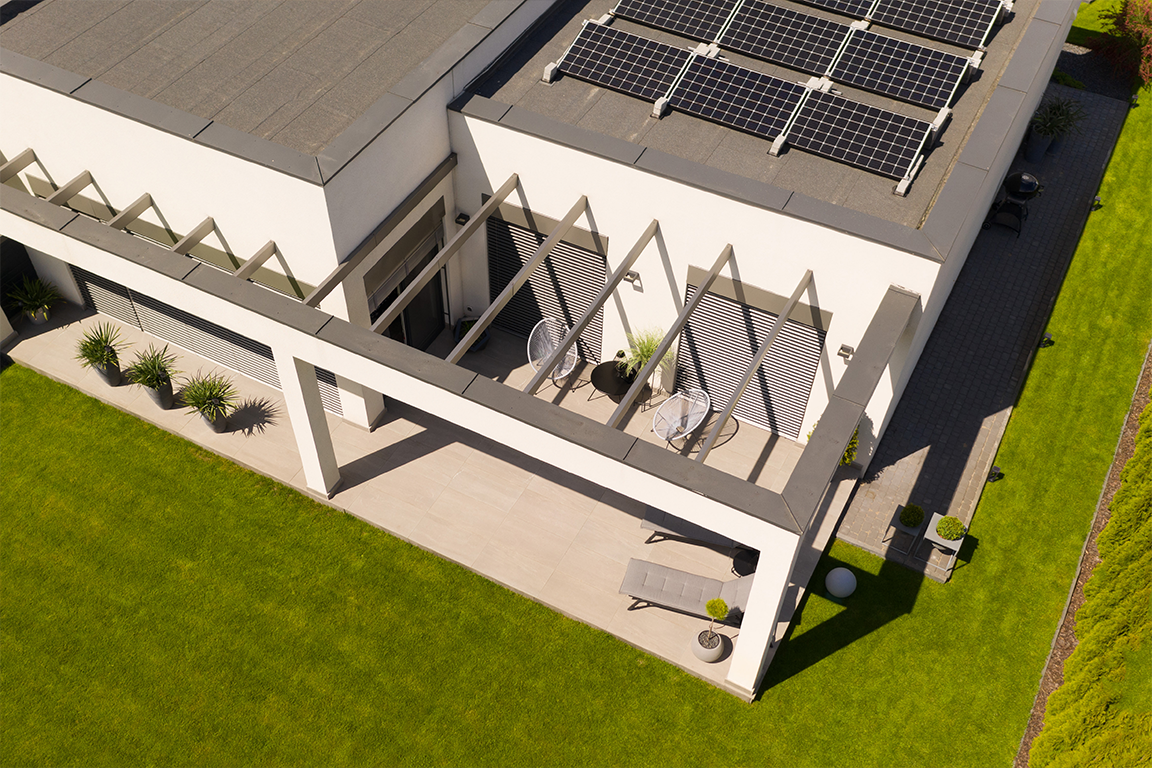Embrace Smart Home Technology
In today’s rapidly advancing technological landscape, smart home technology stands out as a cornerstone of modern living. Beyond mere convenience, integrating smart systems into your home design represents a proactive approach to future-proofing. Smart thermostats exemplify this by autonomously learning your daily routines and adjusting temperatures accordingly, optimizing energy usage and reducing utility costs over time. Automated lighting systems not only enhance security by allowing remote control from your smartphone but also contribute to energy efficiency by scheduling lighting based on occupancy and natural light levels.
Moreover, smart security systems offer comprehensive protection by integrating cameras, doorbell cameras, and smart locks that can be monitored and controlled remotely. These systems provide homeowners with real-time surveillance and alerts, enhancing peace of mind and security. Ensuring your home is wired with an integrated network infrastructure supports the seamless operation of these smart devices and accommodates future technological advancements, such as increased connectivity demands for smart appliances and entertainment systems.
Sustainable and Energy-Efficient Design
Incorporating sustainable practices into your home design not only benefits the environment but also enhances long-term cost-effectiveness and property value. Solar energy stands out as a pivotal strategy for reducing reliance on conventional energy sources. Installing solar panels on your roof harnesses renewable energy, significantly lowering electricity bills and minimizing your carbon footprint. Advances in solar technology have made panels more efficient and affordable, making it a viable option for homeowners looking to invest in sustainable living.
Energy-efficient windows and high-quality insulation play critical roles in maintaining indoor comfort and reducing energy consumption. Double or triple-glazed windows enhance thermal insulation, minimizing heat loss during winter and reducing heat gain in summer. This results in more stable indoor temperatures and reduced reliance on heating and cooling systems, translating to lower energy bills. Furthermore, selecting eco-friendly building materials like bamboo flooring, recycled steel, and reclaimed wood not only supports sustainable forestry and manufacturing practices but also enhances the durability and aesthetic appeal of your home.
Implementing rainwater harvesting systems further augments your home’s sustainability by collecting and utilizing rainwater for non-potable purposes such as landscaping and toilet flushing. This practice conserves potable water resources and reduces strain on municipal water supplies, promoting environmental stewardship and resilience against water shortages.
Flexible and Adaptable Spaces
Designing flexible spaces within your home allows it to adapt to your evolving lifestyle needs and preferences over time. Multipurpose rooms exemplify this adaptability by serving dual functions, such as transforming a home office into a guest bedroom as needed. Open floor plans facilitate easy reconfiguration of living spaces, providing flexibility for future furniture arrangements or room expansions. Integrating easily modifiable structures, such as movable walls or partitions, offers the flexibility to accommodate future renovations or additions without major structural modifications, preserving the integrity of your home’s design and functionality.
Future-proofing also entails considering the long-term livability of your home, especially as household dynamics change and residents age. Incorporating universal design principles ensures accessibility and comfort for all occupants, regardless of age or physical ability. Features such as single-level living designs eliminate the need for stairs, promoting mobility and independence for elderly residents or individuals with mobility challenges. Wide doorways and hallways accommodate wheelchair accessibility, while non-slip flooring materials enhance safety and reduce the risk of accidents. Accessible bathroom designs featuring walk-in showers, grab bars, and elevated toilets further enhance convenience and safety, ensuring your home remains a comfortable and functional living environment for years to come.
By integrating these strategies into your custom home design, you can create a residence that not only meets current needs but also anticipates and adapts to future changes in technology, lifestyle, and environmental considerations. Future-proofing your home through smart technology, sustainable practices, and adaptable spaces ensures it remains efficient, resilient, and comfortable for generations to come.
At Sturman Architects, our goal is to help you build a home that not only meets your current needs but also adapts to your future ones. With over 26 years of experience in creating custom and remodeled residential and commercial properties in the Seattle and Bellevue area. We have guided countless homeowners through the intricate process of designing and constructing their dream homes. Founded by Brad Sturman, who brings over three decades of expertise and a passion for high-end, exclusive residences, our firm combines creativity with technical precision to exceed your architectural expectations. Let us turn your vision into a stunning reality. Schedule a consultation today!


